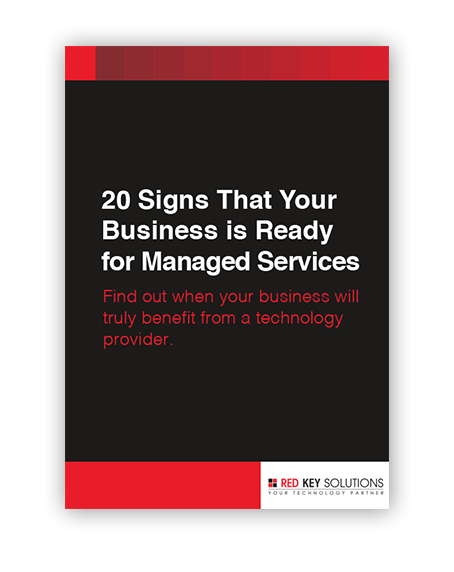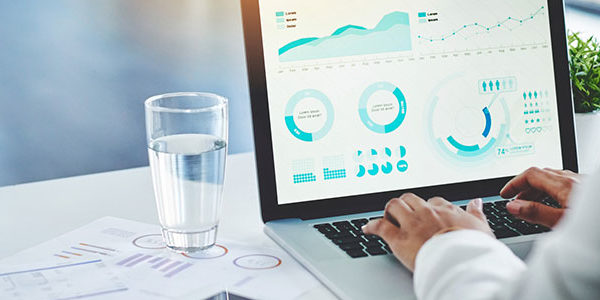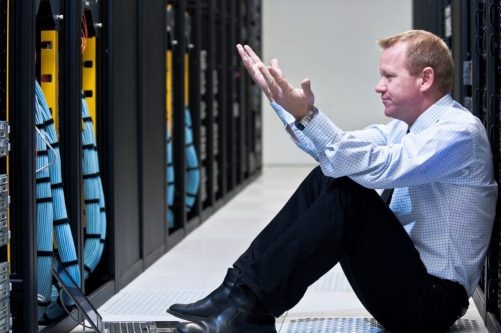
Important considerations before buying computers for your business
Purchasing work computers can be a daunting task, especially for those with little to no tech support or experience. And with thousands of different options available, how do you know which ones are best for your business?
Keep these things in mind to help you make your decision.
#1. Computer’s purpose
First, you need to know how much you will be using your computer and for what specific tasks. Otherwise, you could end up paying for more than you need or for something that doesn’t have the functions you need.
Will you use your computer mostly for email and file storage or for heavy photo and video editing? What software applications will you need? Your answers to these questions will determine the minimum hardware and software requirements you need to meet your computing needs.
#2. Tech specifications
Keep your eye on these key components when shopping for computers:
- Hard drive – This is the storage space of your computer. The fuller your hard drive, the slower your computer will run, so it’s a good idea to have as much space as your budget will allow. But anywhere between 500 GB and 1 TB should be enough for most business purposes. You can supplement this with external hard drives for extra storage.
- Random access memory (RAM) – This determines how fast your PC performs multiple tasks at once. The higher the RAM, the faster your computer can switch between tasks. While 8 GB will be able to run most business software, you may want to opt for 16 or 32 GB if you will use heavier programs like the Adobe software suite.
- Processor – Acting as a computer’s brain, processors execute programs and direct them according to instructions. The speed of your processor, measured in gigahertz (GHz), determines how quickly your computer operates. The slowest you'll want your processor to run for most business tasks such as word processing is 2.0 GHz.
- Optical drives – CD/DVD drives are becoming less common, especially in small and light laptops, since most consumers simply access their applications and files online. But some professionals might still need a DVD writer to send disks to clients or install proprietary software from a CD. If you end up with a computer without a built-in optical drive, you can purchase an external DVD drive that connects via USB.
- USB ports – If you need several devices, such as a projector and printer, plugged into your computer all at once, make sure your computer has enough USB ports.
Download our free eBook!
Read through our free eBook, 20 Signs That Your Business is Ready for Managed Services for a summary of the core IT problems we commonly see before small- and medium-sized businesses make the switch to managed IT services.
#3. Mac vs. PC
For most simple business applications like email, a lower cost PC will do the trick. But if you will use a lot of Mac-only programs such as the iLife software suite, then consider a Mac. Although Macs tend to be a lot more expensive than their PC equivalents, they are generally considered to be faster, longer-lasting, and more reliable.
Many advertising firms opt for Mac since they edit a lot of images, videos, and music. Other organizations, on the other hand, stick with PC since they’re more familiar with Windows, and it will take time to learn a new operating system (OS).
To take advantage of syncing features, it’s best if your other devices (e.g., tablet or phones) share the same OS. So if you have an iPhone, consider a Mac so it’s easier to share files or switch devices.
#4. Desktop vs. laptop
The choice between the two depends on how mobile you intend to be. If you travel a lot, work from different locations, or conduct numerous outside-the-office presentations, then select a laptop. Otherwise, office-based workers should be fine with a desktop. Desktops are typically cheaper, sturdier, have bigger hard drives, and more easily repaired and upgraded.
#5. Warranty and support plans
While most consumers can do with a standard one-year manufacturer's warranty, professionals should look for a warranty of three or more years, since you expect to use your business computer for that long.
Also, to lessen downtime caused by a broken computer, try to get on-site same- or next-day support rather than the usual consumer support plans that generally require you to take the computer to a depot or mail it in for repair.
Your computer is an integral business investment
Don’t think of your work computers as simply an expense. Remember, you will use them constantly so it’s important that you buy sturdy and reliable ones. Although the purchasing considerations mentioned in this article will come in handy, nothing beats getting professional advice from the IT experts of Red Key Solutions. Contact us today, and we’ll hook you up with the right computers for your business.




